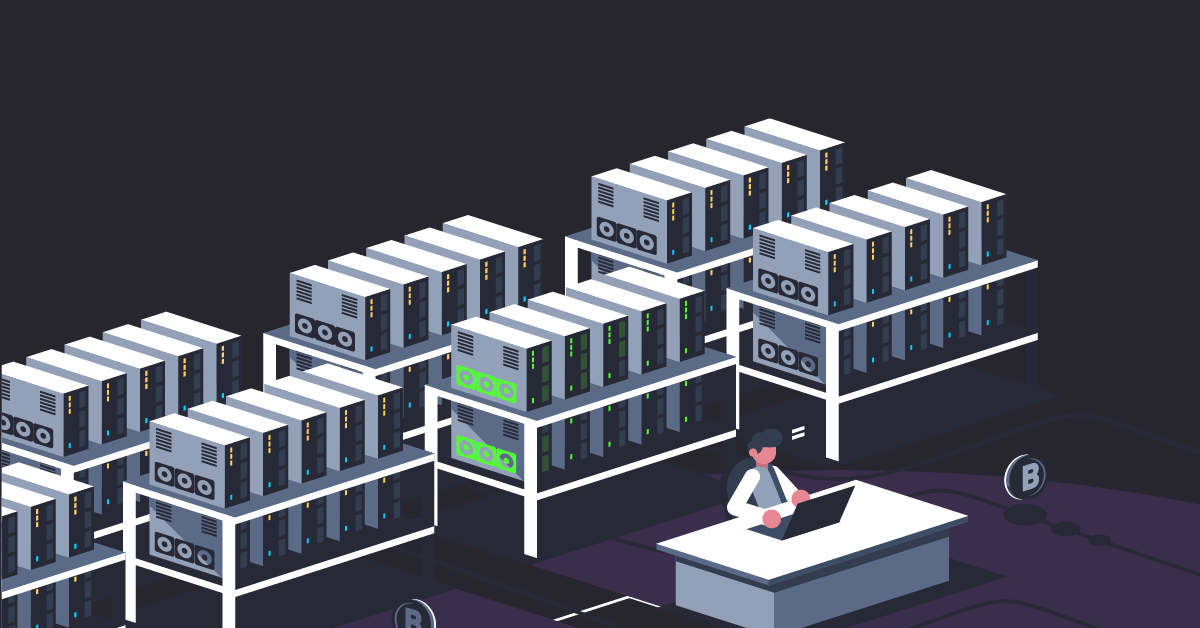


Why Is Crypto A National Security Asset, Not A Liability
- By Kriss
- Published on: August 18, 2021
Avoiding new technology and ways of doing business has never delivered favorable outcomes. Cryptocurrency is no exception.
Given the recent onslaught of crypto coverage and analysis, including legislation, regulation, and market opinions, it’s understandable if one thread fell between the cracks: the link between cryptoassets and national security. The continued integration and use of cryptoassets — whether Bitcoin or stablecoins – poses a systemic threat, as has been emphasized on multiple occasions at this point. This threat is said to apply to financial markets, the US dollar’s standing as the world’s reserve currency, and the US’s international strategic success.
This could hardly be more untrue
Blockchain and cryptocurrency have proven to be the most disruptive technologies since the internet’s inception, with new applications and use cases being discovered on a regular basis. There will invariably be some dislocations and changes to the status quo when such fundamental disruption occurs, but this is not the same as posing a national security threat. Instead, the ongoing development and expansion of cryptoassets opens the door to new and inventive applications in almost every economic sector.
Let’s look at how and why cryptoassets could be considered a national strategic asset, as well as why their development should be fostered and nurtured.
The dollar is being upgraded
One of the most common arguments used to oppose cryptoassets is that they pose an existential danger to the US dollar’s standing as the world’s reserve currency. True, there is no certainty that the dollar will remain the global reserve currency, but blaming cryptocurrency is a naive and incomplete appraisal of the situation. Rather than seeing crypto’s emergence as a danger to the dollar’s current position, policymakers and regulators should welcome the advantages of crypto-based payments.
To put it another way, rather than cracking down on everything that looks like a crypto transaction without first comprehending the nuance and differentiation that exists, regulators should work to incorporate the positive parts of these instruments into existing frameworks. Blockchain and crypto payments offer demonstrable benefits that should be taken advantage of to the fullest extent possible. In every sphere of commerce, diplomacy, and global influence, the United States, and by extension the dollar, confront severe competition.
Why shouldn’t the dollar, policymakers’ most potent economic tool, be the best and most up-to-date version of itself?
Better data
The security and encryption that conducting business in this manner gives is an additional strategic asset and benefit of blockchain-based transactions. Every organization’s lifeblood is high-quality data, and every choice requires high-quality, dependable, and comparable data in order to make well-informed judgments. In that light and context, the case for promoting blockchain and crypto application uptake and deployment should be a no-brainer.
Much has been written about how technological developments such as artificial intelligence, automation, and robotics will drastically impact the world in the future, yet each of these applications requires high-quality, reliable data. The importance of data tools that can safeguard and transport data properly cannot be emphasized, given the frequency with which hacks, breaches, and other data degradation concerns occur on an all-too-regular basis.
Instead of being seen as a regulatory nuisance, blockchain and crypto should be embraced because they meet that demand.
A new paradigm
In terms of use cases, applications, and prospects, blockchain and cryptoassets certainly have promise that, like previous technical advances before them, is only beginning to be realized by the private sector. It’s impossible to anticipate how blockchain and cryptoassets will evolve and be used by market participants in the long run, but there are certain broad claims that may be made.
To begin with, attempting to restrict or blatantly manage an inventive technology would not only fail, but will also send the innovation away. Second, blockchain and cryptoassets do not exist in a vacuum, nor are they bound to any particular nation or region; they are really a global sector with global ramifications. Finally, and to return to an earlier point, many of the technologies and applications that excite policymakers and private sector actors rely on safe and easy-to-transfer data, which blockchain and crypto provide.
Cryptoassets and the blockchain technology that underpins them are undoubtedly technologies and applications that are redefining how individuals and institutions conduct business and engage with one another right now. However, these disruptions must not be viewed as a danger or a risk, but rather as an opportunity to be embraced and developed. Crypto is undoubtedly a national security concern, but it is an asset rather than a danger.
- Share via

Kiara Sofia Smith
My current focus is blockchain technology and cryptocurrency. One could even call me a blockchain “enthusiast.” I have worked for almost a decade on several financial projects related to the stock market news, fundamental research and technical analysis for several blogs.
Recent Posts


Bitcoin Consumes More Energy Than a Lot of Countries. Why Is That Possible?

Why There Might Be a Correlation Between U.S. Covid Cases and Crypto Prices
About Us
We are friendly cryptocurrency community and our mission is to give the latest info access to the people.



